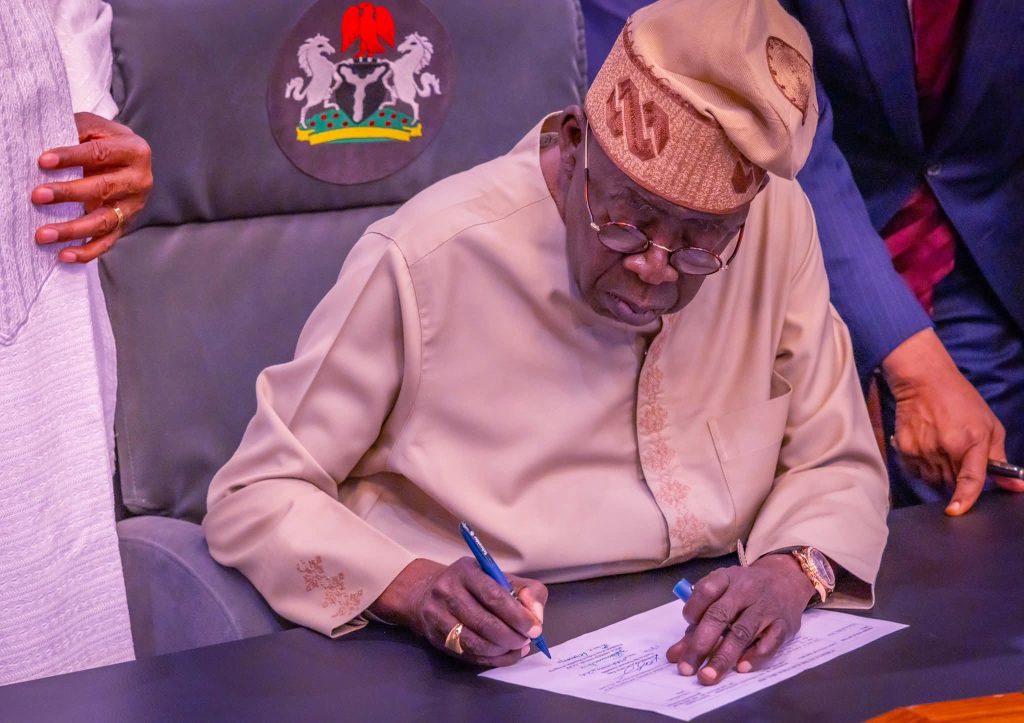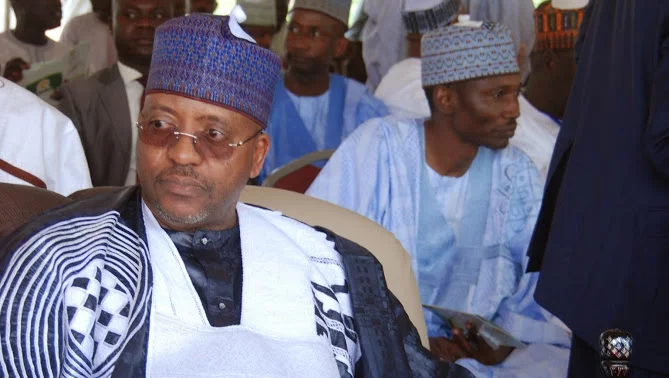Nigeria’s current account surplus has increased to $5.28 billion in the second quarter of 2025, up from $2.85 billion in the first quarter, according to the Central Bank of Nigeria (CBN). The apex bank disclosed this information in a Frequently Asked Questions document published on its official website, citing stronger external sector resilience and improved foreign exchange inflows as the primary reasons for the increase.
The country’s gross external reserves have also risen to $43.05 billion as of September 11, providing 8.28 months of import cover. This growth in external reserves is seen as a source of confidence for citizens, foreign and local investors, and other economic agents. The CBN attributed the improvement to sustained exchange rate stability, tighter monetary policy, and a moderation in petroleum product prices, all of which have contributed to a more favorable balance of payments outlook.
According to the CBN, the external reserve has increased by over $692 million in 18 days and has been on an upward swing since July 14, 2025. The reserve surpassed the $42 billion mark as of September 25, 2025, the highest in over six years. President Bola Tinubu confirmed the increase in his Independence Day address to Nigerians on October 1.
The CBN also explained the recent reduction in the Cash Reserve Ratio (CRR) for commercial banks from 50% to 45%, stating that it aims to ease the liquidity burden on commercial banks and provide more room for productive lending and intermediation. To counter excess liquidity from public sector accounts outside the Treasury Single Account (TSA), the Monetary Policy Committee (MPC) introduced a 75% CRR on non-TSA public sector deposits.
The CBN emphasized its commitment to balancing inflation control with support for the real economy, particularly Micro, Small, and Medium Enterprises (MSMEs). The bank also provided clarity on its decision to reduce the Monetary Policy Rate (MPR) by 50 basis points, lowering it from 27.5% to 27%, in response to the sustained decline in inflation over the past five months.
The adjustment to the Standing Facilities corridor, narrowing it from +500/-100 basis points to a symmetric +250/-250 basis points around the MPR, aims to improve liquidity management and reduce volatility in overnight interest rates. The CBN believes that these measures will sustain ongoing disinflation efforts while ensuring the banking sector has adequate liquidity to support credit expansion and economic growth. Overall, the increase in Nigeria’s current account surplus and external reserves is a positive development for the country’s economy, and the CBN’s monetary policy decisions aim to maintain stability and support economic recovery.



